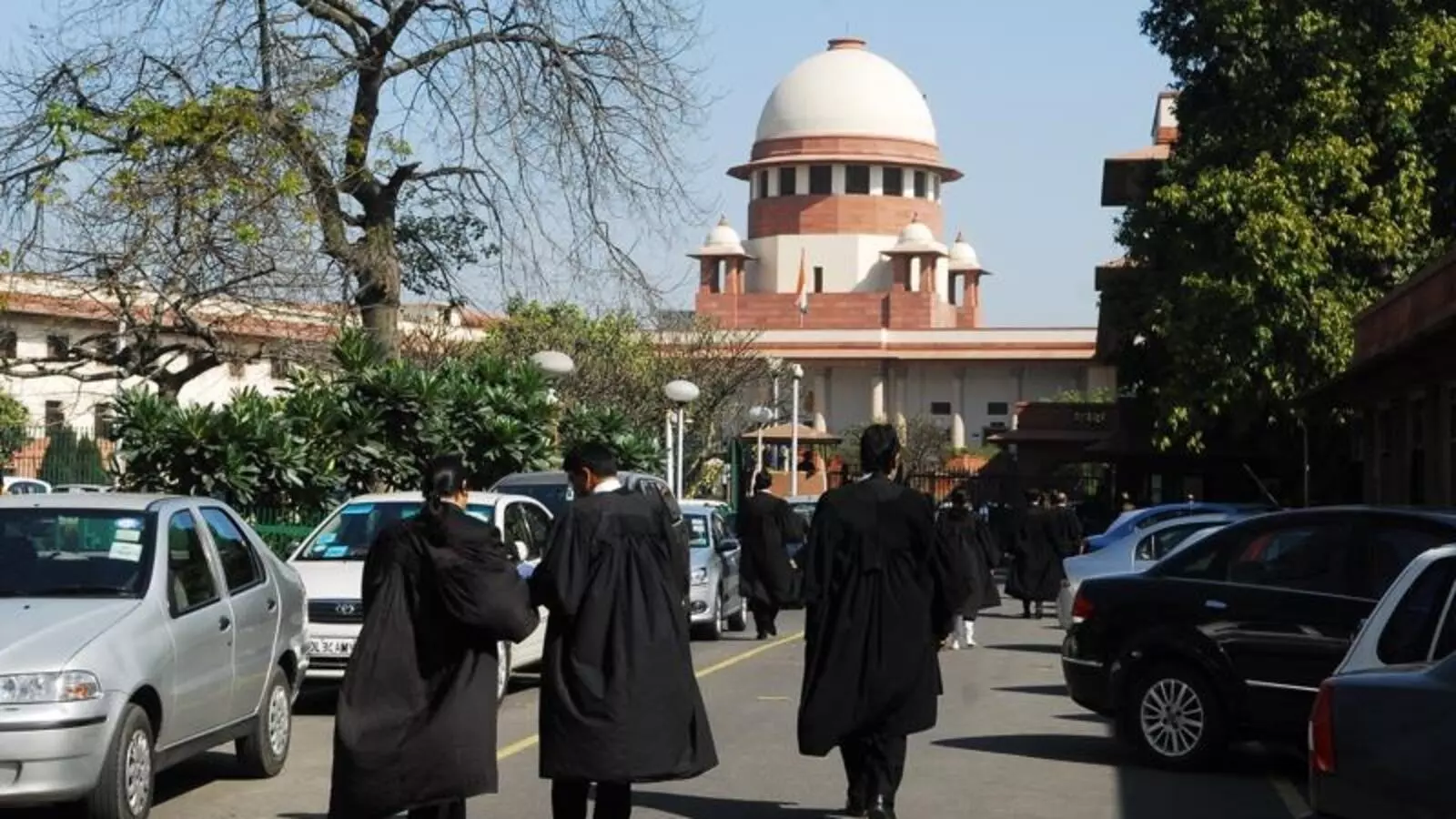'Conflict of interest' in CEC may compromise FCAA cases: Retired bureaucrats write to CJI

New Delhi: A group of 60 former civil servants has written to the Chief Justice of India, claiming that a "conflict of interest" in the Supreme Court-appointed Central Empowered Committee (CEC) could compromise the outcome of cases challenging the Forest Conservation Amendment Act, 2023. In their open letter dated June 30, the signatories, including former secretaries, ambassadors, police chiefs and forest officers, said the four-member CEC currently includes three former Indian Forest Service officers and a retired scientist who also worked with the environment ministry for many years. There are no independent experts on the panel. The letter said two CEC members recently retired as Director General of Forests and Special Secretary in the environment ministry.
"A CEC comprising officers who had held the highest positions in the Ministry of Environment, Forest and Climate Change, and were closely involved in policy-making, can hardly be expected to give independent advice to the Supreme Court, advice that is different from what they gave while they were in the government," the letter read. The retired civil servants, part of the Constitutional Conduct Group, said the CEC, formed in 2002, had a balanced composition until 2023. The earlier CEC included not only government experts but also two independent members -- a wildlife specialist and a Supreme Court advocate -- who had neither held senior government positions nor been involved in forest policy decisions, "thus ensuring impartiality and preventing conflict of interest", they said. In 2023, a group of individuals challenged the Forest Conservation Amendment Act (FCAA) in the Supreme Court, saying that it would hasten forest decline. In this matter, the court has issued four orders, including one upholding the definition of forests as per the Godavarman order of 1996. The case is pending final hearing.
The retired officials pointed out that a current CEC member, while serving in the environment ministry, had "prepared and defended" the Forest Conservation Amendment Bill before the Joint Parliamentary Committee. The Act, its rules and guidelines were all notified during that time. They said several memos allowing use of degraded, notified and revenue forests for compensatory afforestation, which goes against the 1996 Godavarman judgment, were also issued during the tenure of some present CEC members. The signatories feared that the outcome of the cases against the FCAA 2023, "may possibly be compromised considering the conflict of interest of the CEC", as the Supreme Court might rely on the CEC's advice before making its final decision. Any advice or report given by the current CEC, given its composition, in cases that challenges the FCAA 2023, "will in all probability be biased in favour of the Act as passed and will thus represent a clear conflict of interest", the letter said. The retired officials said this concern is already reflected in the recent Supreme Court order on Maharashtra's 'zudpi' forests (scrub forests). The court's order dated May 22, 2025 relied heavily on the CEC's advice, which recommended the untrammelled use of these forests for 'compensatory afforestation', considering them ecologically inferior as they cannot support dense forest cover. The former bureaucrats urged the court to ensure that the CEC includes not just retired government officials but also independent experts from outside, saying there are many such experts in the country. They requested the chief justice not to allow the current CEC to advise the court in the FCAA 2023 cases or other important matters related to forests, wildlife and ecological security.



